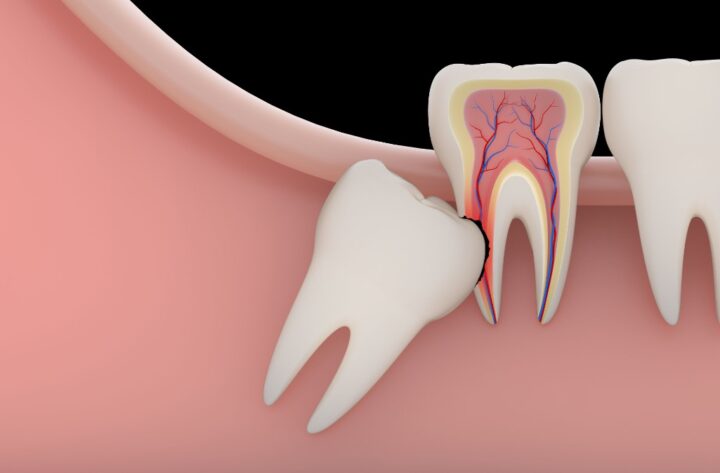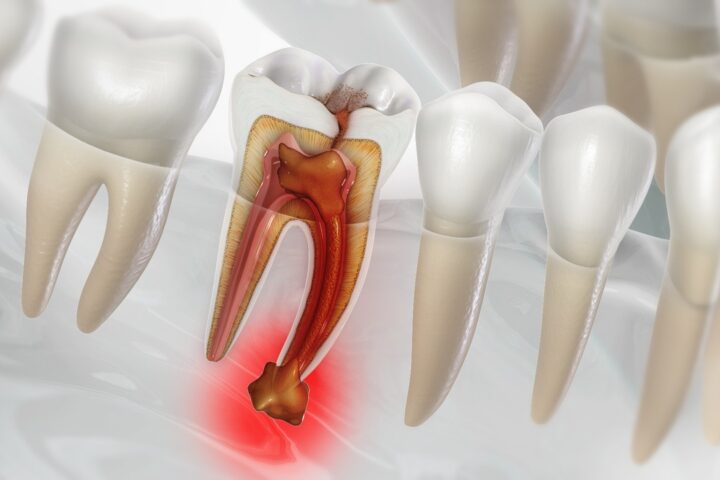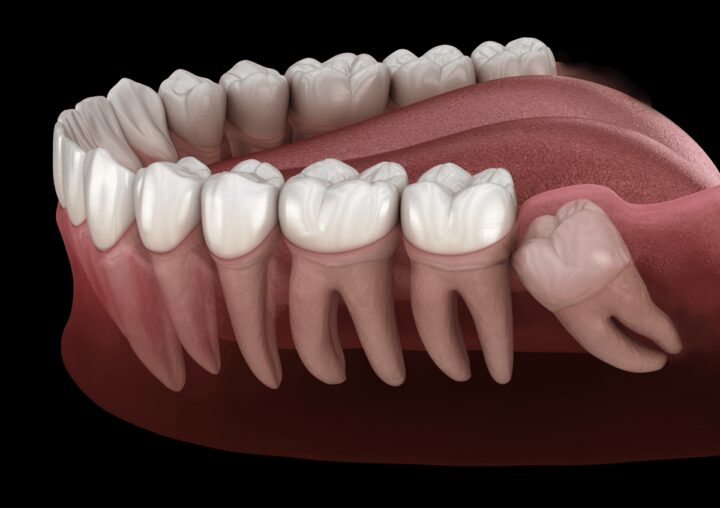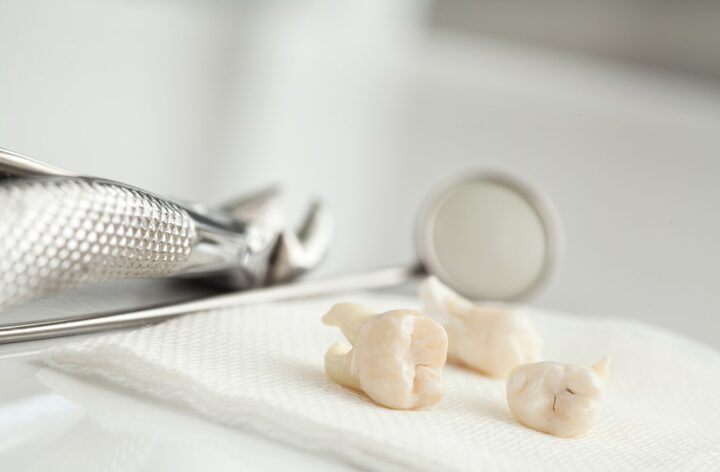The emergence of your wisdom teeth marks a significant milestone in your dental health journey, often bringing a mix of anticipation and apprehension. These late bloomers of the dental world typically appear in your late teens or early twenties and may introduce a range of complications from mild discomfort to severe pain and infection.
Understanding the potential hurdles and proactive measures is essential in navigating this rite of passage with minimal discomfort and optimal oral health. Complications such as impaction, infection, and misalignment can cause pain and affect the overall health of your mouth.
With the right knowledge and timely interventions, you can effectively manage or prevent these issues. This article delves into the essential steps to ensure your wisdom teeth do not disrupt your life or smile, providing preventive strategies and treatment options to maintain oral health.
Seeking Professional Consultation
Maintaining optimal oral health, especially when it involves your wisdom teeth, starts with a professional consultation. Dental professionals have the expertise to assess the condition of your wisdom teeth, using diagnostic tools like X-rays to determine their position and trajectory. This initial step is pivotal as it aids in identifying potential complications before they escalate.
Early intervention can be transformative in situations where your wisdom teeth are predicted to cause problems. For example, if your dentist notes that your wisdom teeth are impacted or likely to cause misalignment, an extraction might be recommended as a preventive measure. This decision is carefully weighed against your overall dental health to ensure the benefits outweigh the risks.
For those in or around Blackfoot in Idaho, consulting a reputable dental practice like Grove City Dental can offer you peace of mind. Such dental practitioners can provide personalized guidance and treatment options, effectively managing your wisdom teeth and minimizing complications.
Understanding Impaction

Impaction occurs when a wisdom tooth cannot fully emerge into its expected position, often due to insufficient jaw space or growth angle. This condition can lead to pain, swelling, and difficulty opening your mouth. Recognizing impaction symptoms early can lead to timely intervention and prevent the condition from worsening.
Symptoms such as persistent jaw pain, tenderness, or gum swelling around the back of your mouth might indicate impaction. Monitoring these symptoms and communicating them during dental consultations is crucial. Neglecting these signs can lead to more complex issues, such as damage to adjacent teeth or cyst formation.
Treatment for impaction generally involves surgical extraction under anesthesia for comfort. Post-operative care, including managing discomfort and adhering to a soft food diet, is critical for a smooth recovery, following your dentist’s guidelines.
Preventive Measures
Proactive dental care is crucial for preventing complications associated with your wisdom teeth. Regular dental check-ups facilitate the early detection and management of potential issues, often before they become problematic. During these visits, your dentist can monitor the development of your wisdom teeth and recommend the best course of action.
Good oral hygiene is a fundamental aspect of prevention. Brushing twice daily, flossing, and using fluoride toothpaste or an antiseptic mouthwash can reduce the risk of infection and other complications. It’s particularly crucial to thoroughly clean around your wisdom teeth, as these areas are prone to plaque buildup and decay.
A balanced diet, enriched with vitamins and minerals, bolsters overall oral health and supports teeth’ healthy development, including wisdom teeth. Foods rich in calcium and vitamin D are especially beneficial for maintaining strong teeth and supporting bone health around emerging teeth.
Recognizing Infection

Infections like pericoronitis related to your wisdom teeth can occur when bacteria accumulate under the gum flap covering an erupting wisdom tooth. Symptoms include severe pain, swelling, redness, and sometimes difficulty swallowing or opening your mouth. Fever and feeling unwell can also accompany dental infections.
If you suspect an infection, seeking immediate dental care is crucial. Treatment often includes cleaning the infected area and antibiotics to combat the infection. In some cases, removing the gum flap or extracting the problematic wisdom tooth is necessary to prevent recurrence.
Regular dental visits and diligent oral hygiene are crucial to preventing such infections. Ensuring that hard-to-reach areas around your wisdom teeth are thoroughly cleaned minimizes the risk of bacterial buildup and subsequent infection.
Pain Management
Discomfort or pain as your wisdom teeth emerge is common. However, effectively managing this discomfort can significantly enhance your quality of life during this period. Over-the-counter pain relievers like ibuprofen can temporarily relieve mild to moderate pain.
For more intense pain, your dentist might prescribe stronger medication. Following the prescribed dosage and guidelines is essential to avoid potential side effects. Applying a cold compress to the cheek can also reduce swelling and discomfort.
Addressing the root cause, whether impaction or infection, is vital for long-term relief. Your dentist can advise on the most suitable treatment options based on the specific cause of your pain.
Aftercare Following Extraction
If extraction of your wisdom teeth becomes necessary, adhering to proper aftercare is crucial for a smooth and quick recovery. Your dentist will give specific instructions, usually including rest, avoiding vigorous activities, and consuming soft foods in the days following the procedure.
Keeping the extraction site clean is essential to prevent infection. You’ll be advised to gently rinse your mouth with warm salt water several times a day and to avoid directly brushing the area to facilitate healing. Additionally, avoiding smoking and the use of straws is important, as these actions can hinder the healing process.
Pain management post-extraction involves prescribed medications and cold compresses to ease swelling. Contact your dentist immediately if you experience severe pain, excessive bleeding, or signs of infection post-procedure.
Long-Term Considerations
Even after successfully managing your wisdom teeth through extraction or other treatments, ongoing dental care is crucial. Regular check-ups will monitor your oral health and prevent future dental issues. Good oral hygiene practices and a healthy lifestyle support not only your dental health but also your overall well-being.
Consider the long-term impact of wisdom teeth extraction on your oral health. Discuss with your dentist the best ways to care for your teeth and gums post-extraction to ensure optimal oral health, including possible adjustments to your oral hygiene routine or considerations for restorative dental options.

Conclusion
Navigating the complexities of wisdom teeth growth requires a proactive approach, combining professional dental consultation, preventive measures, and effective management of arising complications. Adopting a healthier lifestyle, which includes regular dental check-ups, can significantly contribute to this process.
Staying informed and vigilant minimizes the impact of your wisdom teeth on your oral health and avoids common pitfalls associated with their emergence. Remember, timely intervention and following professional advice are crucial to maintaining a healthy, pain-free smile for the future.





